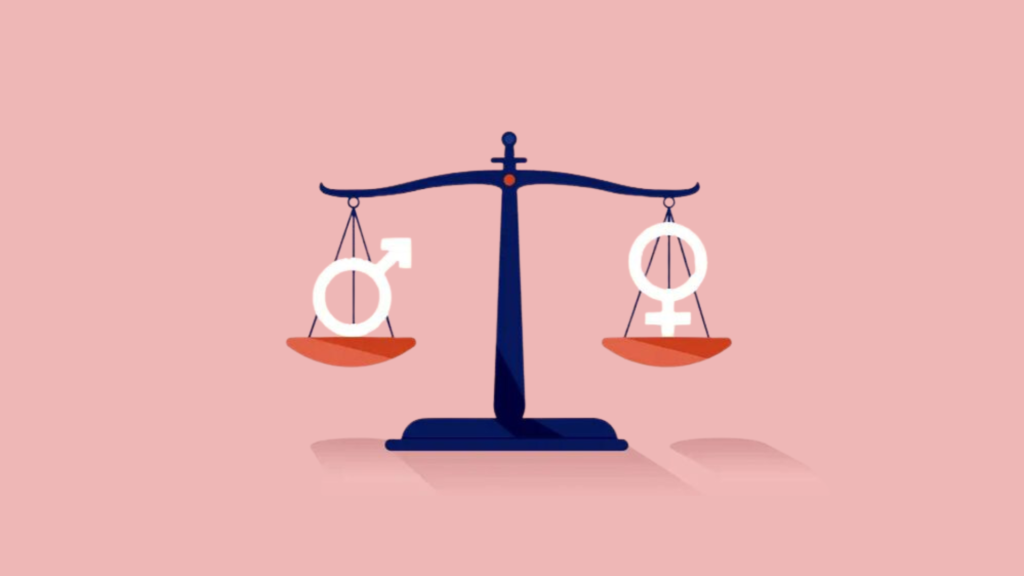How Professional Investigators Ensure Fairness in Harassment Inquiries
Workplace misconduct investigations require care, attention, and integrity. When someone reports harassment, emotions often run high. At that point, fairness becomes essential to preserve trust in the process. That’s why professional investigators play such a crucial role.
In workplace harassment inquiries, investigators must act quickly and stay impartial throughout the process. They need to understand both sides, examine evidence objectively, and communicate with empathy. This article discusses the specific measures they take to ensure fairness throughout the process.
Creating a Safe Space for All Parties
A fair process starts with the right environment. People involved in a complaint must feel safe when sharing their experiences. That means no fear of retaliation or judgment, whether they’re reporting or defending.
Professional investigators create neutral settings and make clear that everyone will be heard. This helps reduce anxiety and leads to more honest responses. Skilled investigators also know how to handle high emotions without losing focus.
Asking the Right Questions Without Bias
The questions in an investigation shape the outcome. One-sided or accusatory language can make people defensive or confused. A trained professional knows how to stay neutral while still collecting key details.
These investigators avoid assumptions and instead focus on timelines, behaviors, and facts. They repeat back responses for clarity and ask follow-ups when needed. Professionals with experience know how to conduct interviews calmly, focus on the key points, and remain thorough without showing bias.
Keeping the Process Confidential
Privacy matters in any investigation. When word spreads about a complaint, it harms morale and trust. Professional investigators take confidentiality seriously from day one.
They limit who knows about the case and store records securely. During interviews, they remind each person that what’s said stays between them unless legally required otherwise. Keeping details private protects the people involved and prevents workplace gossip from spiraling.
Checking the Facts and Evidence
A fair inquiry looks beyond personal accounts. Physical evidence, digital records, emails, and timelines all play a crucial role. Professionals know how to gather this data without alerting others or causing panic.
They check for inconsistencies and compare what was said with what can be confirmed. Skilled investigators follow a methodical approach, reviewing every detail and separating opinion from fact. Their ability to stay focused on what can be proven ensures that the process holds up if ever reviewed by a legal team.
Writing Clear, Objective Reports
The final report reflects the entire process. It should convey the whole story in a clear and balanced manner without exaggeration or emotional language. Experienced investigators write reports that are easy to follow and built on facts.
Each point includes supporting evidence. Statements are listed as claims, not conclusions. The report doesn’t label anyone guilty or innocent; it presents what happened and what was found. Report writing is where a professional’s attention to detail shines.
Staying Neutral Throughout the Case
A good investigator stays out of internal politics. Their job isn’t to take sides; it’s to uncover facts and present them. That neutrality is what builds trust in the outcome.
They treat each interview with equal seriousness, regardless of the person’s role or rank. Their focus is on actions, not personalities. By remaining impartial from start to finish, professional investigators ensure that the case is fair, accurate, and free from personal bias.
Harassment complaints require more than quick responses; they need structure, care, and a balanced approach. Skilled professionals bring order and objectivity to sensitive matters. In workplace harassment inquiries, their role ensures that every voice is heard, every fact is verified, and the outcome reflects the truth, not assumptions. Their involvement helps organizations uphold integrity while protecting the rights and dignity of everyone involved.


